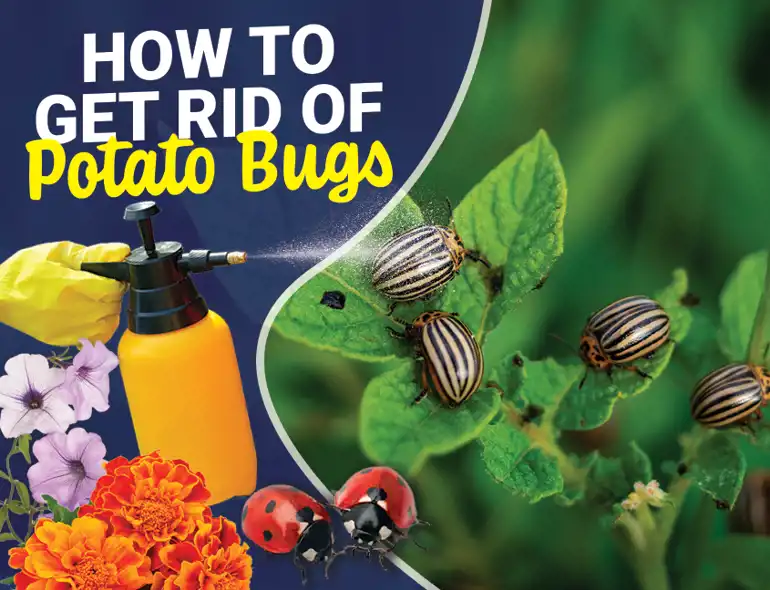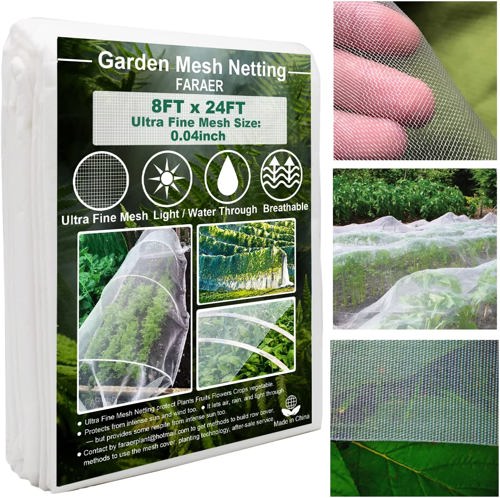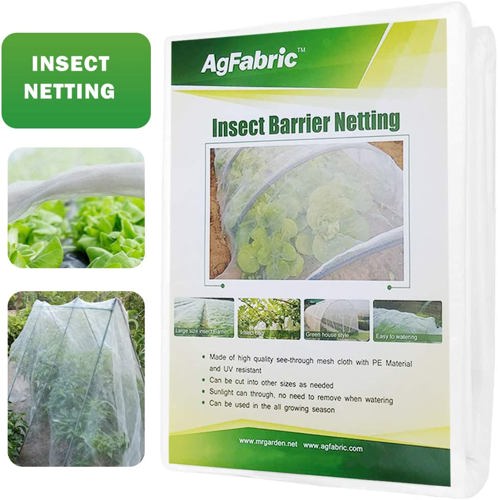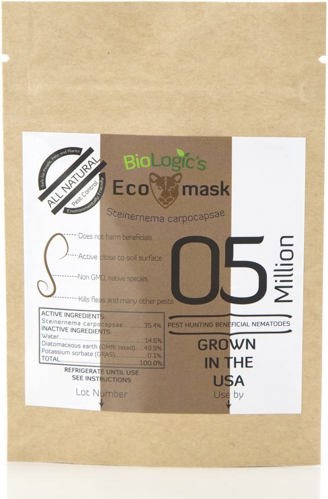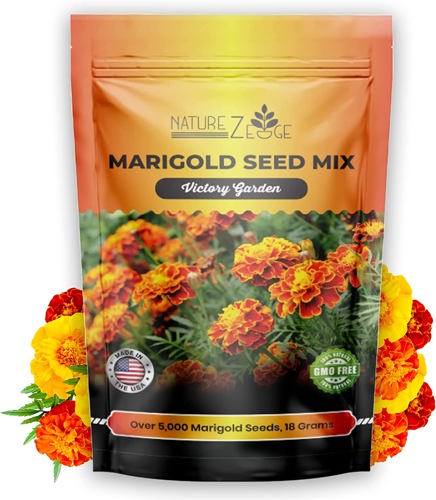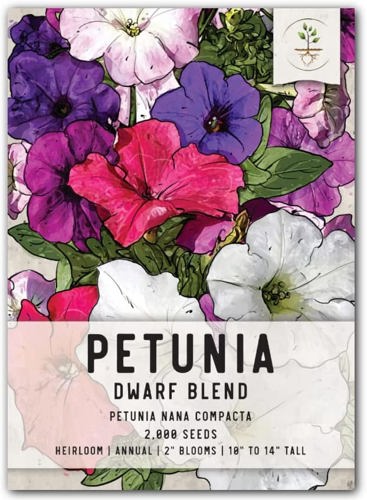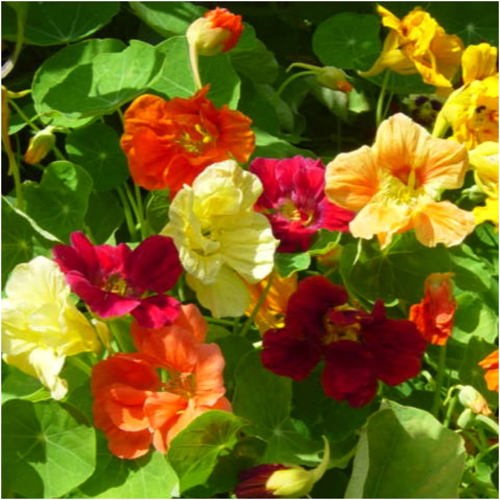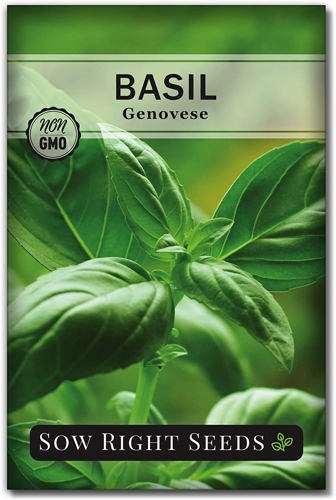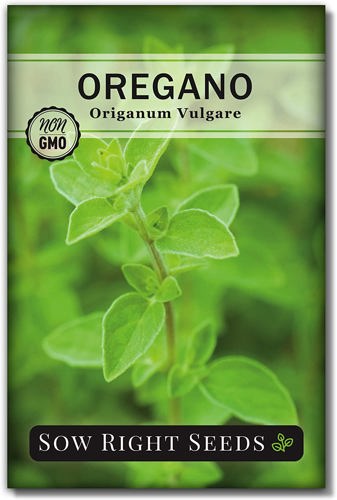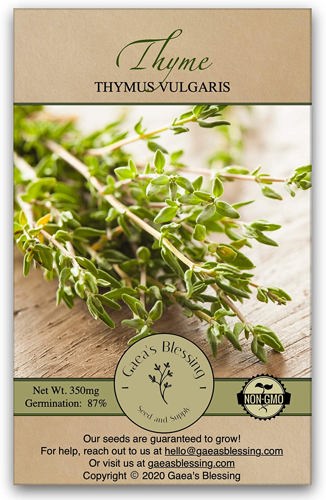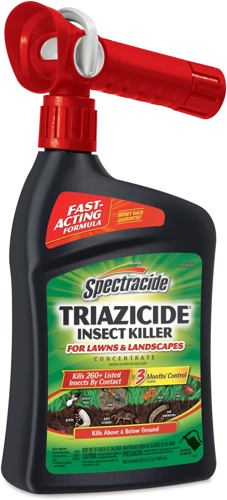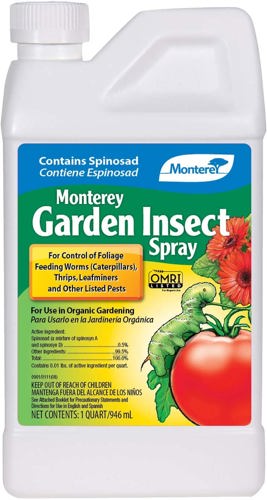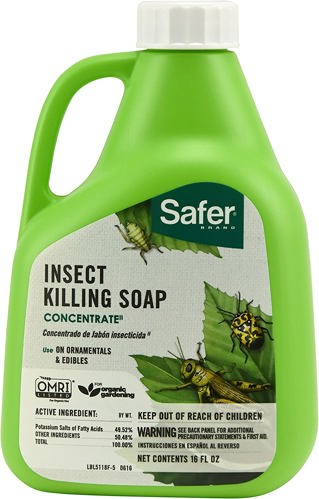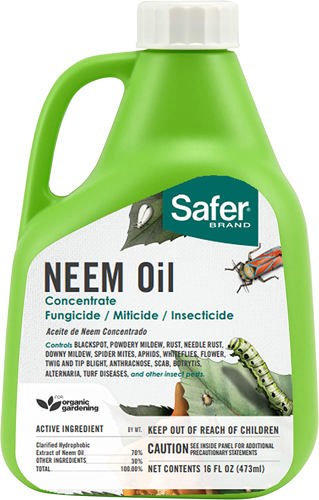Potato bugs are a small beetle with a distinct yellow-orange body and dark brown stripes. It is a voracious eater and can quickly defoliate entire plants if left unchecked. The female potato bug can lay up to 400 eggs at a time and these eggs will hatch in about a week. The larvae are small, black, and covered with short spines. They feed for about three weeks before pupating, and the adults will emerge in about two weeks. Control of potato bugs is essential in order to protect our crops and maintain healthy yields.
How do you get rid of potato bugs naturally?
There are a few methods that can be used to control potato bugs. One of the most effective methods is the use of row covers. Row covers are sheets of fabric stretched over frames and placed over rows of crops to prevent potato bugs from accessing the plants. This method is non-toxic and doesn’t harm the environment or beneficial insects. Additionally, floating row covers can be used to protect small plantings from potato bugs.
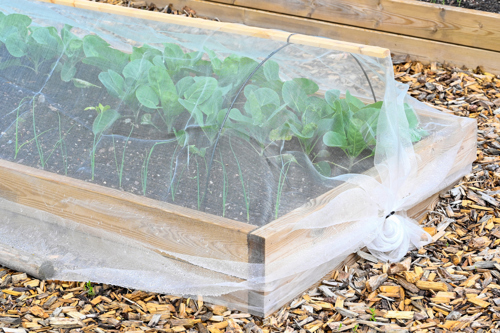
Handpicking the adults and larvae off of plants can help reduce populations and is often the most effective method in small garden settings.
What Bug Kills Potato Bugs?
There are a few natural methods that can be used to get rid of potato bugs. One of the simplest and most effective methods is to encourage natural predators such as other bugs that feed on the eggs, larvae, and adults of the potato bugs and can help reduce populations significantly. Additionally, birds such as sparrows and starlings feed on the adults, helping to reduce infestations.
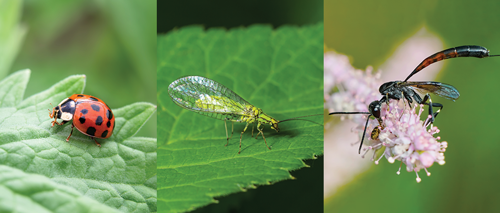
Ladybugs, lacewings, and parasitic wasps are all helpful in reducing the population of potato bugs. Certain nematodes, such as Steinernema carpocapsae, can be used to infect and kill the larvae of the potato bugs. These nematodes are available commercially and can be applied to infested areas to reduce potato bug populations.
Another method of controlling potato bugs naturally is to use companion planting. Certain plants can be planted alongside potatoes, tomatoes, peppers, and eggplants that are known to deter potato bugs. The smell of these plants can make it difficult for the potato bugs to locate their host plants and they will often stay away.

Examples of companion plants that can be used include marigolds, petunias, and nasturtiums. Finally, handpicking the adults and larvae off of plants can help reduce populations and is often the most effective method in small garden settings.
How Do Farmers Control Potato Bugs?
Farmers use a combination of chemical and cultural controls to manage infestations of potato bugs. Chemical methods include using synthetic insecticides, like pyrethroids, which are designed to kill the adults (as well as the larvae) of potato bugs. Some systemic insecticides are also effective. These are absorbed by plants and are effective for an even longer period of time.
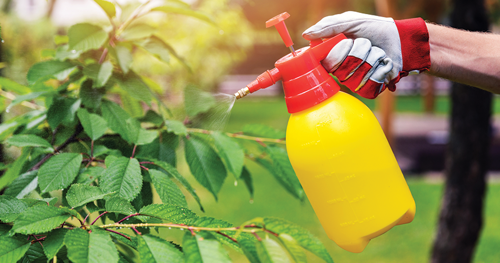
Cultural controls are another tactic used by farmers to control potato bug populations; crop rotations and early planting, which can help reduce the number of potato bugs that are able to locate and attack crops. Additionally, farmers will use row covers to prevent adult potato bugs from reaching the plants. This also encourages natural predators such as ladybugs, lacewings, and parasitic wasps.
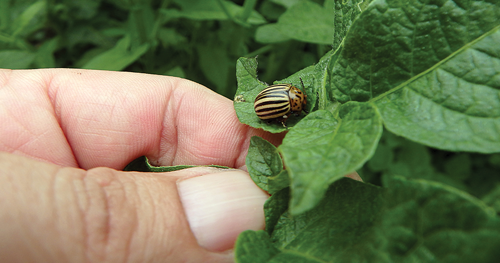
Farmers also use handpicking to remove adult beetles and larvae from the crops.
Do Potato Bugs Come Back Every Year?
Potato bugs are an annual pest, meaning they will come back every year unless controlled.
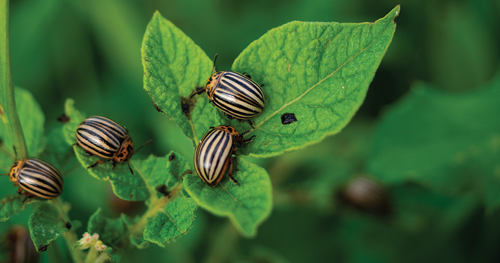
The adults overwinter in the soil and emerge in the spring to begin feeding and laying eggs. The eggs will hatch in about a week and the larvae feed (for about three weeks) before pupating and emerging as adults. The adults will then continue to feed and lay eggs for another two weeks before dying off. In this way, the potato bugs can quickly build up their populations and cause significant damage to crops if left unchecked.
Why Are There So Many Potato Bugs Around My House?
Potato bugs are attracted to their host plants, (potatoes, tomatoes, peppers, eggplants etc...) If these plants happen to be close to your home, then the potato bugs may be attracted to them, and might lead to an infestation. On top of this, if the soil in your yard is not regularly tilled, then the adults may be able to overwinter in the soil and emerge in the spring to begin feeding and laying eggs.
Lastly, potato bugs can also be spread by wind and can travel long distances in their search for food, so if your home is close to an infested field, then the potato bugs may be drawn to your yard.
What Can I Plant With Potatoes to Keep Potato Bugs Away?
There are a few plants that can be planted alongside potatoes to help keep confuse pesky potato bugs and keep them away. These plants are known as "companion plants" and they give off certain smells or chemicals that repel the potato bugs and make it difficult for them to locate their host plants.
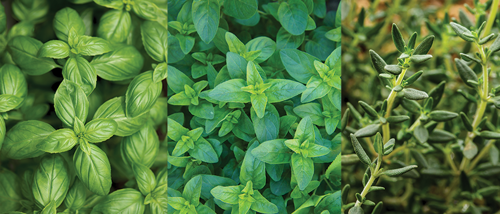
Examples of companion plants that can be used include marigolds, petunias, and nasturtiums. Also, certain herbs such as basil, oregano, and thyme can be planted close to your potatoes to help to repel the potato bugs. Planting a variety of crops in close proximity to each other can help to confuse the potato bugs, making it more difficult for them to locate their host plants.
What is the Best Potato Bug Killer?
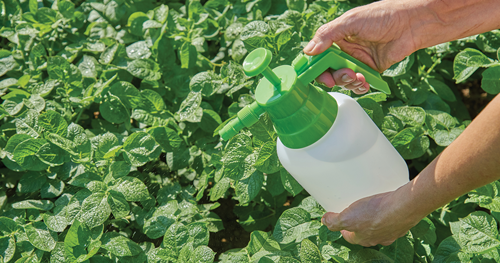
Synthetic insecticides, such as pyrethroids, are designed to kill the adults and larvae of the potato bug and can be super effective when applied correctly. Some systemic insecticides are also effective, as they are absorbed by the plant and remain active for a longer period of time.
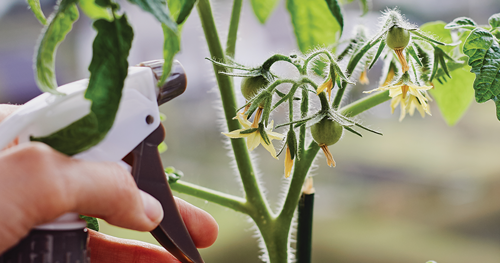
Organic insecticides are also available that are more selective in their targeting of the potato bug. Insecticidal soaps and horticultural oils are effective in controlling potato bug infestations, as they are designed to kill the adults and larvae without harming beneficial insects. Finally, some natural predators, such as ladybugs, lacewings, and parasitic wasps, can also be used to reduce potato bug populations.
How Do You Make Potato Bug Spray?
You can make your own potato bug spray by mixing a few simple ingredients. One of the most effective sprays we've had success with is a combination of water, liquid dish soap, and garlic juice. To make it, all your have to do is mix equal parts
- Water
- Garlic juice
- A few drops of liquid dish soap.

This mixture can be sprayed directly onto the potato bugs (and their eggs) to kill them.
Another highly effective potato bug spray can be made by mixing
- 1 Part rubbing alcohol
- 9 Parts water

This spray can be used to kill the adults and larvae of the potato bug, and can be applied directly to the plants.
What Do Potato Bugs Turn Into?
Potato bugs go through four stages of development:
- Egg
- Larvae
- Pupa
- Adult.
Their small, yellow eggs are laid by female potato bugs on the underside of host plant leaves. These eggs hatch a week later. The larvae feed for roughly three weeks before pupating and emerging fully grown. At their full, adult size potato bugs will continue feeding and laying eggs for another two weeks before finally dying off. Potato bugs quickly build up their populations and can pose a major threat to crops if not kept in check.
List of Recommended Tools to Get Rid of Potato Bugs
Ultra Fine Garden Mesh Netting from FARAER for preventing potato bugs. A strong yet lightweight material that easily covers a large area and prevents unwanted potato bugs from getting to your crops.
Agfabric Insect & Pest Barrier Bird Netting Garden Netting is an ideal floating mesh solution for preventing potato bugs. Provides an effective barrier that keeps the bugs out while allowing sunlight and air to pass through.
BioLogic Steinernema Carpocapsae Nematodes are a natural and effective way to prevent potato bugs by attacking their larvae and preventing them from maturing into adults.
Marigolds, petunias, and nasturtiums are all great choices to plant in a garden because their seeds help to repel potato bugs.
Basil, oregano, and thyme help to repel potato bugs due to their strong fragrances.
Spectracide Triazicide Insect Killer for Lawns and Landscapes prevents potato bugs by providing an effective barrier that kills and repels them on contact.
Monterey LG6135 Garden Insect Spray prevents potato bugs in Organic Gardening by killing them on contact and creating a barrier of protection to help keep them away.
Safer Brand Insect Killing Soap prevents potato bugs by killing them on contact with its insecticidal soap solution.
Safer Brand Neem Oil Concentrate prevents potato bugs by acting as an insect growth regulator, disrupting the normal development of young insects, preventing them from maturing into adulthood.

Potato bugs are major pest of potatoes, tomatoes, peppers, and eggplants in North America. Effective control of this pest is essential in order to protect our crops and maintain healthy yields. By understanding the potato bugs and its behaviors, and by utilizing the methods of control discussed here, we can better protect our crops and prevent the damage that can be caused by this pest.
Are potato bugs causing you a headache? Have your own strategies to share? Let us know in the comments below!
We want to see your gardens succeed and are always striving to bring you the tips and tricks to help make that happen. If you want to stay in the loop, why not follow us on Twitter, Instagram or better yet subscribe to our newsletter below and we'll come to you!
-VF


